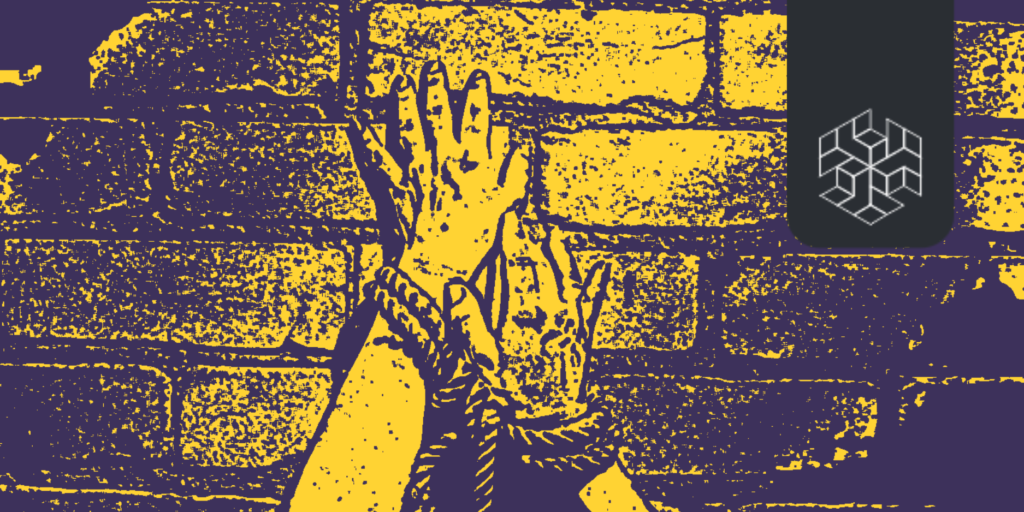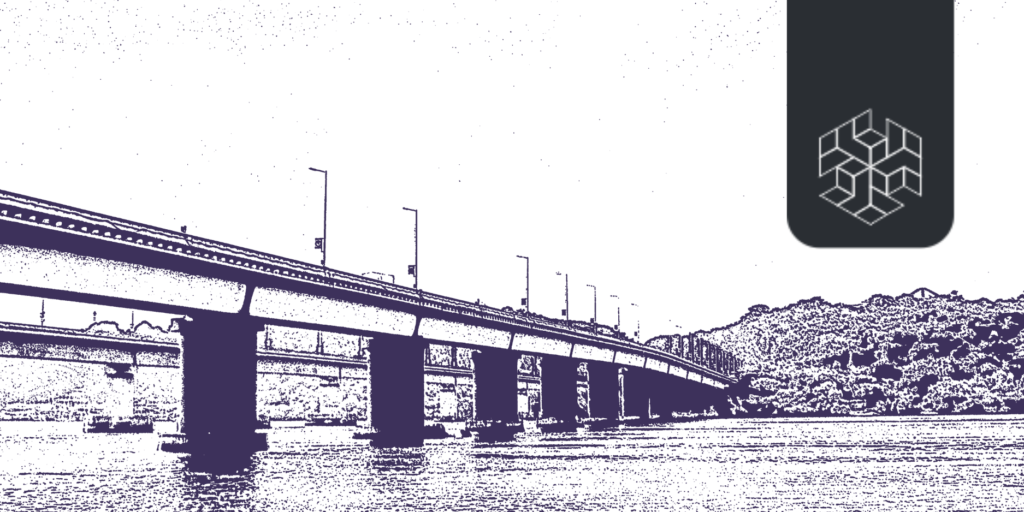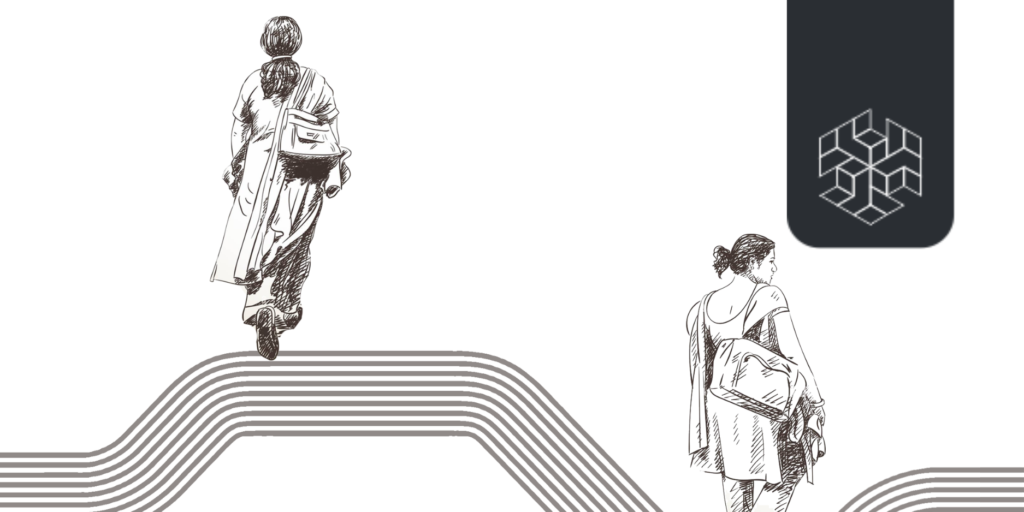Fatima Juned
Editor: Riya Singh Rathore
ABSTRACT
Muslim women donning hijab, burqa, or the veil has been a contentious issue and a source of discrimination against them worldwide. In India, this issue resurfaced in December after the Udupi Women’s PU College, a pre-university college in Karnataka, denied entry to several girls since they were wearing hijabs and ‘disrupting’ the college uniform. In response to a series of pleas and petitions against the ban, the Karnataka High Court upheld the college’s hijab ban. In the context of these recent events, this paper highlights the need to understand the significance of Muslim women’s agency and situates it within the larger debates surrounding their marginalisation. Further, this work explores how the current ban on hijab does more harm than good to Muslim women’s right to education.
CONTEXT
On 31 December 2021, the Udupi Women’s PU College in Karnataka prohibited six hijab-wearing girls from entering its premises (Wire Staff, 2022a) because they wore a hijab, despite the Indian Constitution safeguarding its citizens’ rights to equality and religious freedom. This antagonism of the hijab spread to other educational institutions that also discriminated against hijab-wearing girls on religious grounds in different states and colleges. For instance, the Government Junior PU college in Kundapur, Karnataka made a few hijab-wearing girls sit in a separate classroom (Wire Staff, 2022b), effectively segregating the hijab-wearing students from their non-hijab wearing counterparts.
For many Muslim women worldwide, the hijab constitutes a critical aspect of their identity as a symbol of faith, resistance, empowerment, protection, and agency. However, the hijab has often been perceived as oppressive by the west and now increasingly in India, thus positioning Muslim women as passive victims, devoid of any voice and agency or those who need to be ‘rescued’ (Mahmood, 2005). This has cast Muslim women as victims of male domination, brutality, and oppressive religious practices. Contrarily, such typology only increases the challenges Muslim women face in their everyday lives (Sur, 2014). It must be noted that Muslim women are not a homogenous entity. Rather, everyone has a distinct identity, formed through their lived experiences, that adds to how they function and the opportunities they get. This lack of knowledge about Muslim women’s identity puts them in the category of victimhood. In the global context, wearing the hijab has multiple meanings. The hijab is not seen as traditional clothing; instead, women choose to wear it as part of their Muslim identity. The hijab has not just been limited to an individual identity but has become an element to represent the larger
community.



